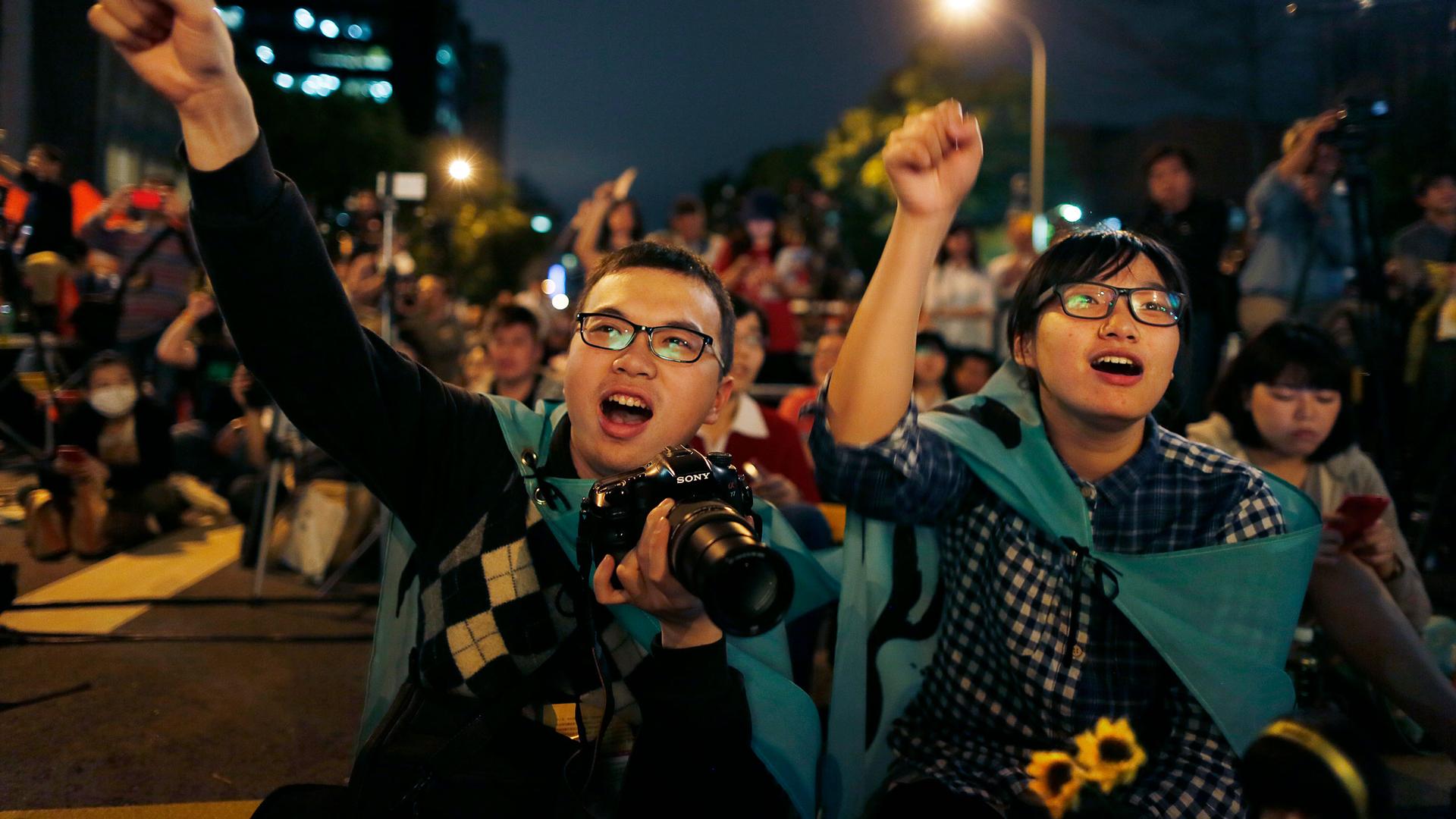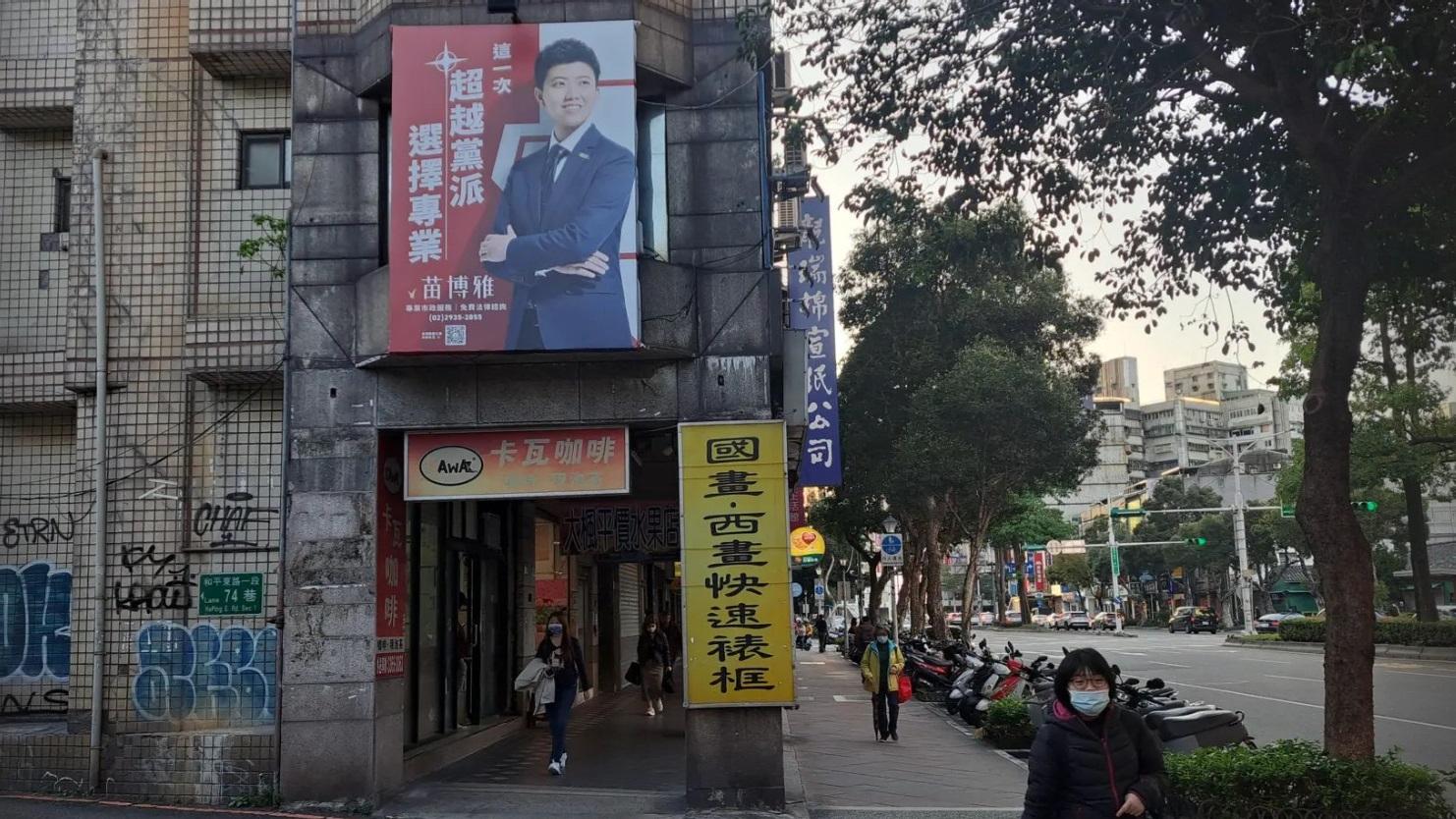Ashish Valentine
Taiwan’s new president is facing a political minefield
China is holding military drills around the island of Taiwan this week, just following the inauguration of a new president who advocates for a more robust defense against China. Meanwhile, the political parties in Taiwan are sharply divided, leading to legislative gridlock. From Taipei, Ashish Valentine reports that tens of thousands of people are hitting the streets in a series of protests.
‘Kneel and apologize!’: 76 years after island-wide massacre, Taiwan continues to commemorate — and debate — the tragedy
On Feb. 28, 1947, the Chinese Nationalist Party began killing thousands of people across the island of Taiwan, in a massacre that lasted for months. Today, Taiwan continues to debates the circumstances of that tragedy — and the legacy of Chiang Kai-Shek.
Taiwanese young people have mixed feelings about increased military service
Taiwan’s president announced last week that mandatory military service for young people will increase from four months to a full year. There is substantial popular support for the move because of a rising threat from China, though among young people themselves, it’s more complicated.


